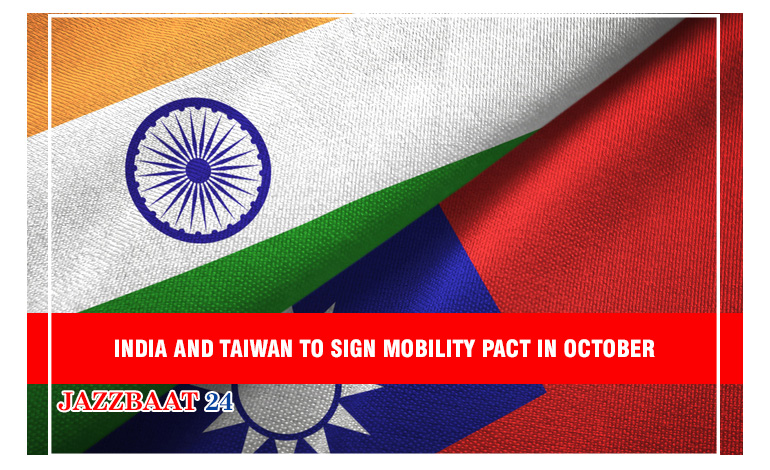India and Taiwan are set to sign a mobility pact in October that will facilitate the movement of students, professionals, skilled workers, researchers, and academics between the two countries. The pact is expected to boost people-to-people engagement and economic cooperation between India and Taiwan.
The pact is being negotiated under the framework of the India-Taiwan Economic and Cultural Agreement (ITECA), which was signed in 2002. The ITECA provides a framework for cooperation in a wide range of areas, including trade, investment, science and technology, and culture.
The mobility pact is expected to cover a wide range of issues, including visa requirements, employment opportunities, and social security benefits. It is also expected to include provisions to protect the rights of migrant workers.
The signing of the mobility pact is a significant development in India-Taiwan relations. It comes at a time when both countries are looking to expand their economic and strategic cooperation. The pact is expected to boost trade and investment between India and Taiwan, and it is also likely to lead to increased cooperation in areas such as science and technology.
In addition to the mobility pact, India and Taiwan are also working on a number of other initiatives to strengthen their ties. These include the establishment of a direct air link between the two countries, and the opening of more Taiwanese businesses in India.
The growing cooperation between India and Taiwan is seen as a way to counter the growing influence of China in the region. China claims Taiwan as its own territory, and it has been increasing its military pressure on the island. The mobility pact is seen as a way to help Taiwan strengthen its economy and security.
The signing of the mobility pact is a positive development for both India and Taiwan. It is a sign of the growing cooperation between the two countries, and it is likely to have a positive impact on the region.





